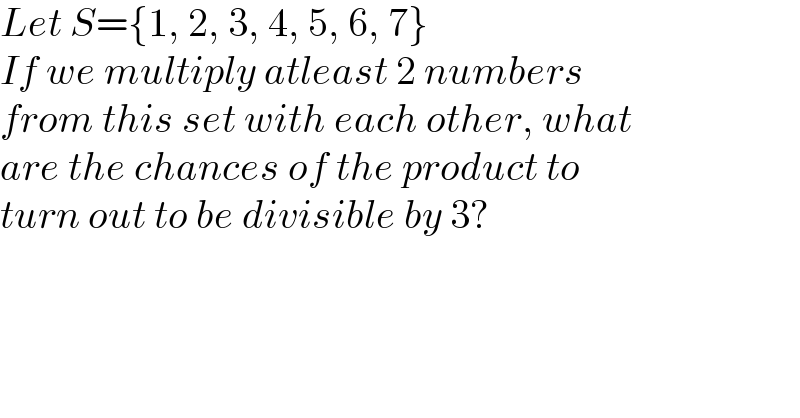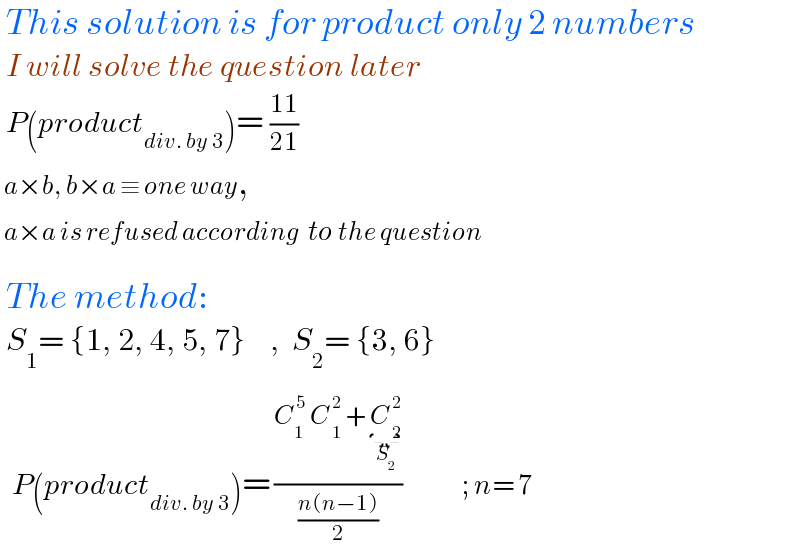Question Number 182199 by depressiveshrek last updated on 05/Dec/22

Answered by Acem last updated on 06/Dec/22

Commented by mr W last updated on 06/Dec/22

Commented by Acem last updated on 06/Dec/22

Answered by mr W last updated on 06/Dec/22

